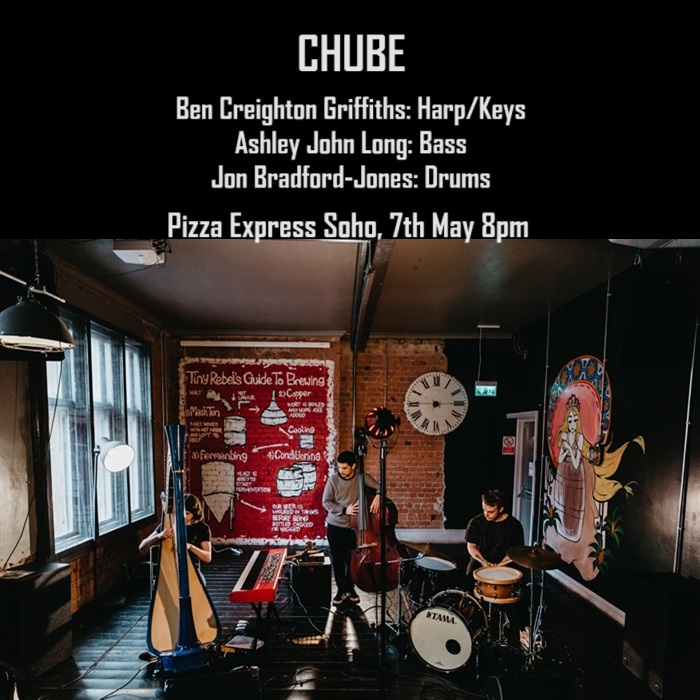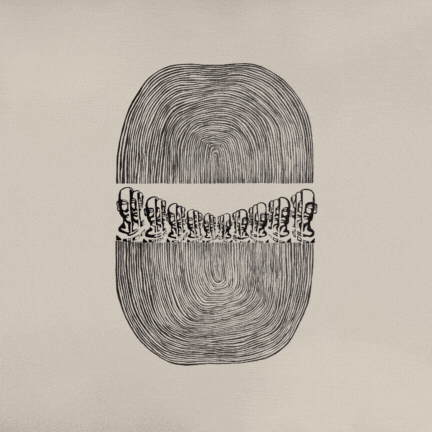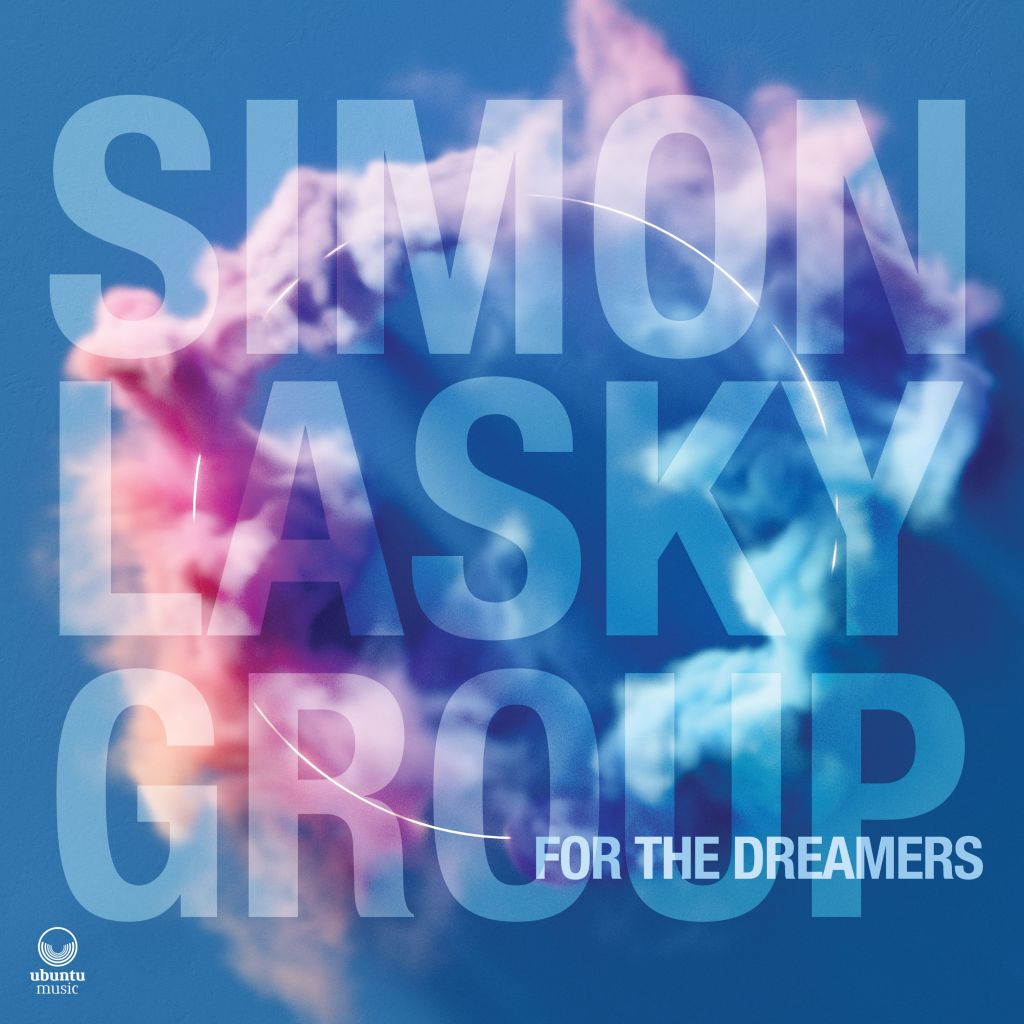This week’s edition of Mondays with Morgan is an interview between jazz journalist Morgan Enos and Billy Mohler, a celebrated bassist and bandleader who also plays in fusion group the Jimmy Chamberlin Complex. His third album as a leader, Ultraviolet, is available now; links (*) to purchase the music, as well as to his website, can be found at the bottom of this article.

Jimmy Chamberlin Complex’s Life Begins Again wasn’t the first Smashing Pumpkins solo album, but it was the first to crack open a seldom-grasped truth. Thanks to Elvin-and-Tony-steeped drummer Chamberlin, the ‘90s alternative heroes were saturated with jazz.
As Billy Mohler, bassist of the Complex, explains, the band played the Troubadour one night, and head Pumpkin Billy Corgan was in Los Angeles.
“We played ‘Birds of Prey’ [from Life Begins Again], and he just went off,” Mohler tells LondonJazz. “He must have taken a five-minute solo on a Les Paul; he just went nuts. Like, straight fusion. He’s vicious – totally vicious.”
Since that 2005 debut, the Jimmy Chamberlin Complex has only released one studio album and an EP. But to hear Mohler tell it, Life Begins Again has strangely resonated, following him around in the ensuing 18 years.
Not yet a subscriber of our Wednesday Breakfast Headlines?
Join the mailing list for a weekly roundup of Jazz News.
And in case this Pumpkins satellite project has crossed your desk – or if you simply love great modern jazz – there’s something else you should be aware of: Mohler’s prodigious output as a leader.
Back in 2019, Mohler released Focus, with a quartet that included tenor saxophonist and clarinettist Chris Speed, trumpeter Shane Endsley, and drummer Nate Wood. And he stuck with that band for its 2022 follow-up, Anatomy.
Now, the crew are back with a new album, Ultraviolet, which arrived on 13 October via Contagious Music. And Mohler describes its tunes, like “The Wait,” “Sorrow,” and “Evolution,” as springing from a place of “loss, mourning, and just looking at life through a different lens than I ever have.”
“You know, I always like to let listeners take what they can from the music, but there’s definitely a depth that this music was written from,” he explains. “It’s from real events, and things that were just heavy.” And while he declines to go into details, everything you need to know is within the grooves.
Read on for an interview with Mohler about his approach to the bass, what he calls “improvised writing,” and what he drew from darkness to craft Ultraviolet with his old friends.
LondonJazz News: Lay the foundation of Ultraviolet for our readers.
Billy Mohler: Ultraviolet features Nate Wood on drums, Chris Speed on tenor saxophone, and Shane Endsley on trumpet. I work with a producer named Dan Seeff, who’s a lifelong friend of mine, and kind of like a partner in a lot of things. We push each other – in music, and art in general.
We talked a lot about conceptualising these albums from the beginning. Since the first album, Focus, we’ve just decided to keep the same band. These are people who grew up with me.
Nate is my childhood best friend; we’ve been playing together since high school. And then, Chris Speed is one of my all-time heroes and just a great friend. Shane Endsley is another close friend – a massive influence. So, there’s a long history with everybody in the band.
LJN: And Ultraviolet is your third record with this quartet.
BM: It’s just a continuation of the story of the first two albums – Focus and Anatomy. I think it shows a different side, compositionally, than those.
I don’t want to say it’s more sombre, but it has its own land. It’s definitely in a spot that the other two are not in; there’s been an evolution in regard to the writing process of the band.
These records take, like, two hours to make – three hours, tops. We just go in and play – no rehearsal, no real talking about what’s going to happen. We just kind of play the head down once, and then we do a take. I’d say 80 percent of the album is just the first take, and there are no backup takes.
LJN: It blows my mind how prevalent that is in the jazz world. But that’s the entire point, right? We want immediacy, not perfection.
BM: Yeah, I don’t think I could make records as a bandleader that were produced. That sounds odd, in that I’ve been a producer for many years. But I know myself well enough to know that for my own music, it has to be in the moment, and it has to be right there – left on the table.
Because if I have too much time to start tinkering with things and manipulating or trying things, it’s usually in that first, second or third take of something that the energy is right. So, I found that’s the best way for me to make albums – to just go in and do it, and that’s the record.
LJN: Tell me about the Ultraviolet material itself. What binds these tunes for you?
BM: There was a lot happening in my personal life and family life, and it was written from a place of mourning certain relationships.
Life can cruise, but there are also moments where it gets real, and you have to deal with things. And that comes out in all different shapes and forms.
LJN: How did that translate into the music making itself – what we hear in the grooves?
BM: I never sit down and try to write; it’s just there, and it’s like, Am I going to tune into it or not?
I think when you’re just kind of open to your feelings, and open to your emotions, and letting things come out – every time you touch your instrument, or you’re walking around and you see something, or this thought pops in your head – a lot of times, for me, that will relate to either a melody or a groove or something.
If I have my instrument in my hand – my bass – I’ll usually start with maybe just a line, or something that sparks it.
My writing is almost like improvised writing; I can’t explain it. I’ll play one note, and that leads to the second note, and that leads to the third note, and that leads to a melody. It all kind of falls into each other, and then it’s just done. It’s improvised – not in the sense that it’s not structured and formalised. It just falls into itself, feeds on itself.
LJN: You’re subconsciously articulating these themes.
BM: Yeah. 100%. I’m never writing music when my kids are, like, running around the house going crazy. I’m just practising for a second – maybe early in the morning or late at night, when I have some clarity. That’s usually when the first thing I play can end up being something.
LJN: At which juncture in your bass development do you believe yourself to be?
BM: I talk about this a lot with friends: I still practise hours a day, and I’m still trying to get better. Like Ron Carter says, he’s just trying to find the right notes, and truer words couldn’t be spoken.
It’s this constant search to improve, to better your sound. It’s endless, but that’s also why I’m never bored with it. If I could practise eight hours a day, I actually probably would. With three kids, I still manage to practise two hours or more every single day.
There’s an instrument in one room, and I’ve got another instrument in another – and if there’s a break, I’ll go practise and work on things. I’m constantly thinking about the process and how to get better at this.
LJN: Who were, or are, the bassists who set you on fire?
BM: Oh, man. I’d say Wilbur Ware, Scott LaFaro and Jimmy Garrison were my first, and still endless loves – and Ron [Carter]. There have been many players in between.
For players that I love now, I’d say Harish [Raghavan], Joe Sanders. Just modern players who have so much connection to lineage, and they’re playing something fresh; it’s a new sound. Ben Street, Larry Grenadier, Eric Revis, Reginald Veal, Vicente Archer…
LJN: I’ve interviewed Ron Carter a couple of times. I like how he treats interviewers as sparring partners.
BM: And that’s what he plays; that’s how he plays. He plays like, We’re going to have a conversation. We’re going to get to know each other. And then I’m going to challenge you.
You clearly hear that in so many recordings, if not every recording; that Ron is in complete command of [the music]. He’s just steering and manipulating and twisting it, and it’s so heavy – and that’s why that Miles band is so devastating.
LJN: Now that Ultraviolet is out there, what’s on the immediate horizon for you?
BM: I’ve made three records with this group, and I’ve got a batch of new music. So, I’m trying to figure out which way to go with it. There’s some different writing in there, just trying to push in [the direction of] different things.
So, I think [the plan] is going to be getting into the studio in the next two months, and making another album or two. To just keep pushing. Just keep trying to get better.
LINKS: Purchase Ultraviolet
Categories: Features/Interviews, Mondays with Morgan













Recent Comments